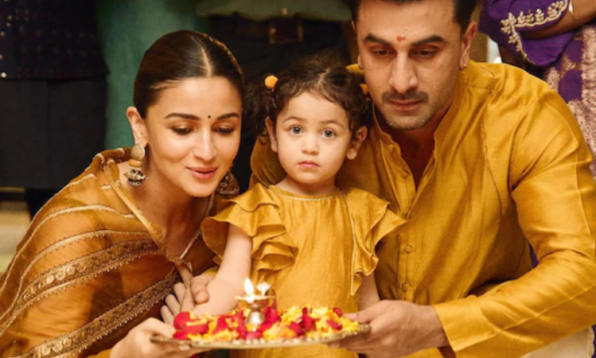A new study has revealed an uncomfortable truth; a truth we, as a society, have known for a while but haven’t acknowledged. Researchers have found that a wife’s illness increases the chance of divorce in older couples by a staggering 60 per cent. But when the husband falls ill? The marriage barely flinches. It’s a brutal reality check for an age-old vow. ‘In sickness and in health’ doesn’t seem to cut both ways.
Men more likely to divorce sick wife: What the study says

Spanning nearly two decades and over 25,000 couples aged 50 to 64, the research found something both startling and telling: the risk of divorce rises by 60 per cent when wives fall ill, but remains virtually unchanged when it’s the husbands who get sick.
The study, which drew on longitudinal data between 2004 and 2022, examined health in terms of physical disability, self-rated well-being, and mental health symptoms. The conclusion? When a wife experiences declining health and her husband remains in good condition, the odds of divorce climb. But if the roles are reversed, the marriage is far more likely to weather the storm.
This rise in late-life separations fits into a broader phenomenon often referred to as grey divorce or silver split, where couples aged 50 and above decide to part ways after decades together. While once considered rare, grey divorces are now on the rise globally, and studies like this help explain part of the picture. Health, caregiving dynamics, and shifting emotional expectations all contribute to these late-in-life marital breakdowns.
Why does this disparity exist?
Experts point to a mix of social, emotional, and economic factors that reveal an uncomfortable truth: society expects women to provide care and allows men to receive it.
Illness leads to divorce in older couples because the domestic dynamic shifts when a wife becomes physically or mentally unwell. In many households, she’s still the primary organiser of the home, the default caregiver, and the emotional anchor. Her illness creates a vacuum, and many men, even if unintentionally, fail to step in.
Dr Mark Travers, a psychologist who reviewed the study, notes, “The deep-seated expectation that a wife will always ensure that the home runs smoothly is so ingrained, to the extent that any deviation from this role may feel like, or be legitimately considered, a rupture in the marital bond.”
And then there’s the financial layer. In some relationships, a woman’s illness might mean she’s no longer earning or contributing to household tasks in ways once taken for granted. This dependency, combined with the burden of care, can strain an already ageing marriage.
It’s not just statistics

What makes this topic particularly gripping is how loudly it echoes across social platforms. On the internet, women are opening up about how their own illnesses altered their marriages and not in the way you might hope.
A particular Reddit post I came across made me think. A man in his 40s asked on Reddit if it’s okay for him to divorce his sick wife.
One Reddit user on the same thread shared her story:
“Anecdotally, when I was diagnosed with MS, my husband started an affair 3 months later. 1 year later, he divorced me and moved in with her. 5 years later and I’m in remission and he wants to give it another chance.. not happening…”
Another person echoed the experience sharing how her husband left her and their son after she got two major injuries within a span of 11 months.

And there are many similar stories all across the internet. These anecdotes reflect a deeper cultural truth: caregiving is still profoundly gendered, even in modern marriages. Wives manage the birthday calendars, remember to buy the groceries, check in on everyone’s mental health, and ensure the house functions. So when they become unwell, the entire hidden infrastructure of the home fails. And unless the husband steps up meaningfully, the cracks widen fast.
When we say “in sickness and in health,” both partners should commit equally to weathering the storm. But to make that possible, we need to challenge the old beliefs that tell us who should receive care and who must provide it. Commitment is not just about showing up at the wedding. It’s about showing up, especially when the other person can’t.
Featured Image Source
Related: Why Are More Indian Women Choosing To Get Divorced?

 Web Stories
Web Stories













